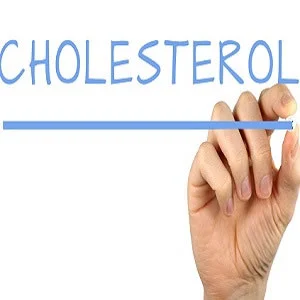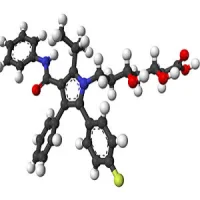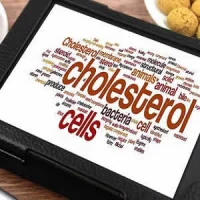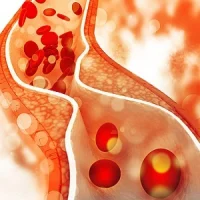A study was conducted by researchers at Brigham and Women's Hospital and Harvard Medical School to evaluate the association between lowering LDL-C and relative cardiovascular risk reduction across different statin and nonstatin therapies. The study is published in JAMA.
LDL-C is an established risk factor for cardiovascular disease. It is widely accepted that statins successfully lower LDL-C. However, the clinical benefit of nonstatin therapies on lowering LDL-C still remains uncertain.
Marc S. Sabatine, MD, MPH, of Brigham and Women's Hospital, Harvard Medical School, Boston, and colleagues conducted a meta-analysis and review of 49 trials. The analysis included 312,175 participants with 36,645 major vascular events and 9 different interventions to lower LDL-C.These interventions were divided into four groups including statins, nonstatin therapies that work through upregulation of LDL receptor expression, interventions that do not reduce LDL-C levels through upregulation of LDL receptor expression and PCSK9 inhibitors which upregulate LDL-C clearance through LDL receptor but for which trials have not yet been completed.
The analysis showed that there was a similar association between absolute
reductions in LDL-C and lower relative risks for major vascular events across
therapies that work through upregulation of LDL receptor expression. 1-mmol/L (39 mg/dL) reduction in LDL-C was associated with a 23 percent
relative reduction in the risk of major vascular events. A linear association was also observed between LDL-C and the rate of cardiovascular outcomes.
The authors thus conclude that statins should be the first-line therapy since they are most effective at reducing LDL-C and also have an excellent safety profile and demonstrated clinical benefit. However, this analysis also shows that other interventions can also be considered as additional options and can potentially provide the same relative clinical benefit in lowering LDL-C.
Source: JAMA
Image Credit: jphoto.com
The authors thus conclude that statins should be the first-line therapy since they are most effective at reducing LDL-C and also have an excellent safety profile and demonstrated clinical benefit. However, this analysis also shows that other interventions can also be considered as additional options and can potentially provide the same relative clinical benefit in lowering LDL-C.
Source: JAMA
Image Credit: jphoto.com
Latest Articles
Statin, Nonstatin, LDL-C
In a study appearing in the September 27 issue of JAMA, Marc S. Sabatine, M.D., M.P.H., of Brigham and Women's Hospital, Harvard Medical School, Boston, and colleagues evaluated the association between lowering low-density lipoprotein cholesterol (LDL-C)










